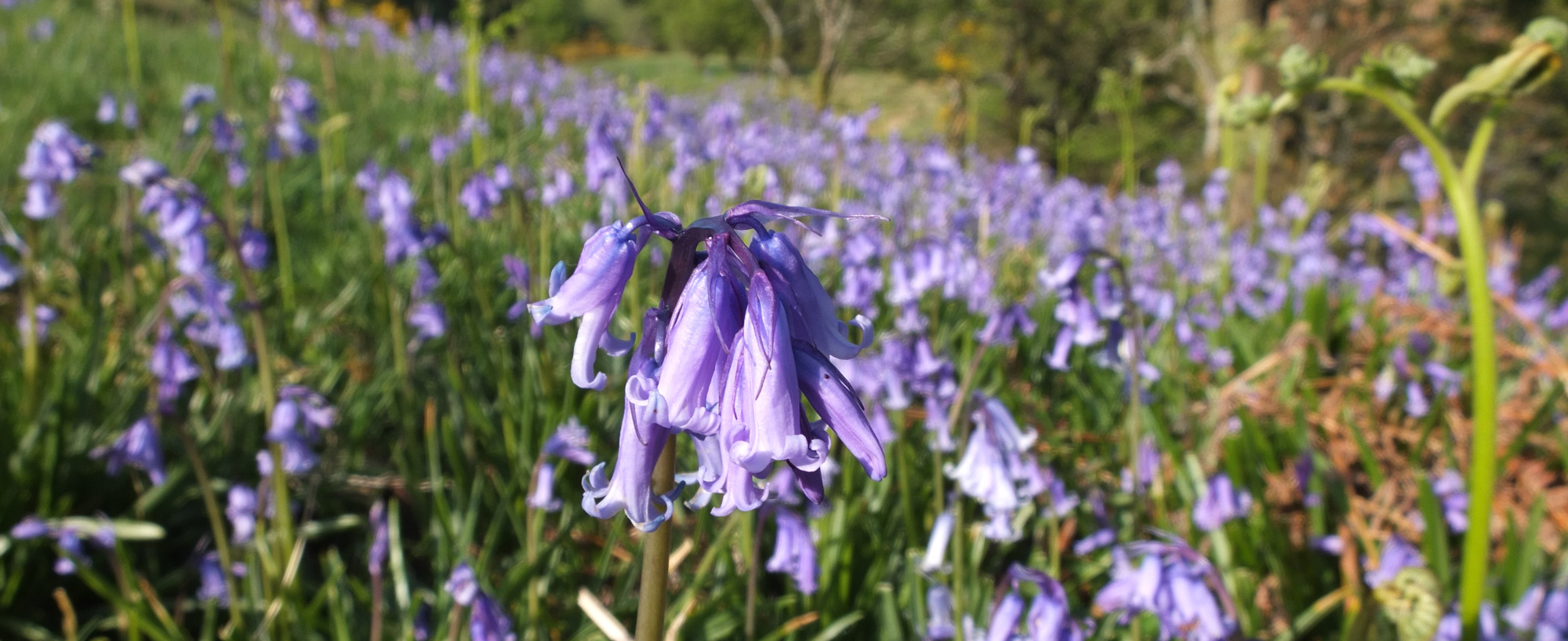We have acquired a portable chainsaw mill. The advantage of this clever bit of kit is that straight trunks of trees in difficult to access parts of our forest, be they hardwoods or softwoods, can be planked and extracted. It is a way of adding value to our forest. The trees we have been working on are wind-thrown seventy-year old oak, ash and maple behind the house in an area impossible to access except by horse or quad bike.
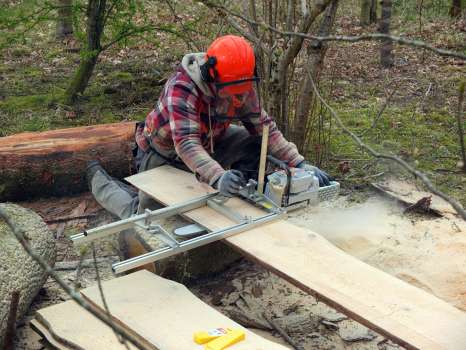
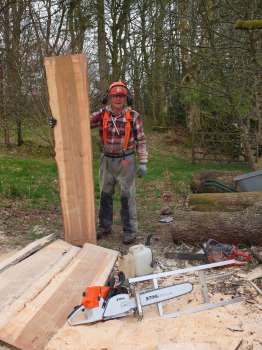
Last week we had a visit from the inventor of another ingenious bit of kit - the Flow Hive. The Andersons are from Australia and were staying at Yewfield whilst on their ‘European Tour’ of beekeeping conferences and groups promoting their Flow Hive. His hive is all the ‘buzz’ among beekeepers. It is a specially designed ‘super’, the shallow box with frames of comb where the honey is stored, that sits on top of the brood box. The Flow Hive super has food grade plastic frames. A turn of a crank shifts the cells, allowing the honey to flow down to a channel at the base of the frame and out to a waiting jar. The super has a glass ‘truth window’ so the beekeeper can check if the bees have capped the honey and it is therefore ready for harvest. The Flow Hive super with frames is currently made in Australia and is a pricey bit of kit - £250 ex VAT - but if you factor in not having to buy numerous supers or a honey extractor, plus minimising the stress to bees because of the need for fewer inspections it is not unreasonable. Stu Anderson came and looked at our four beehives and we had a lively discussion about the varroa mite, whether or not to use a queen excluder, the diminishing gene pool in bees and many other beekeeping topics. Putting two beekeepers together is risky - our long suffering friends had to pry us apart in the end.
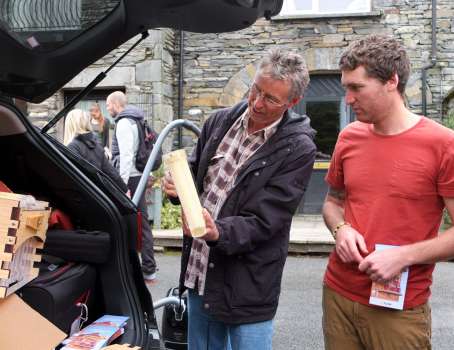
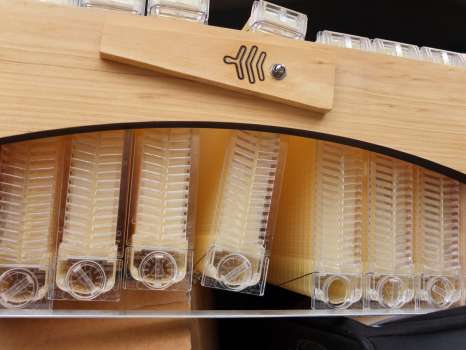
The first swallow appeared at Yewfield the other day and it got us to thinking about phenology. Phenology or ‘nature’s calendar’ is the study of the times of recurring natural phenomena, especially relevant in times of a changing climate. Around Yewfield we are surrounded by spring’s first events this week - bluebells are emerging, leaf break on birch and hawthorn, the first flowers of lesser stitchwort, orange tip butterflies, bilberry flowering to name a few. If you want to record your local phenology go to another clever bit of kit and check out ‘nature’s calendar’.
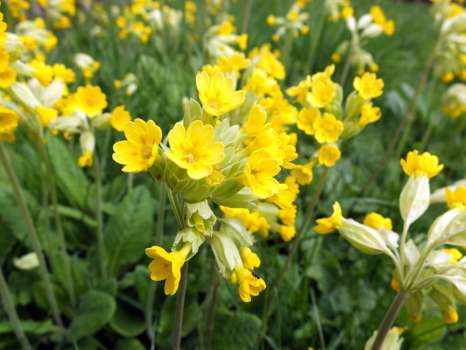
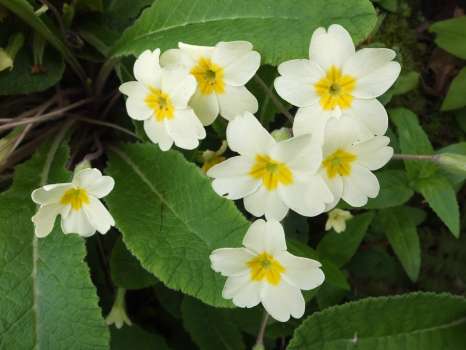
Go back to all blog posts or read the next entry in our blog here →
You can also read the previous blog post here.
